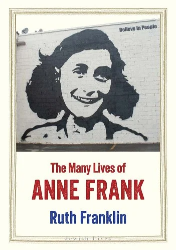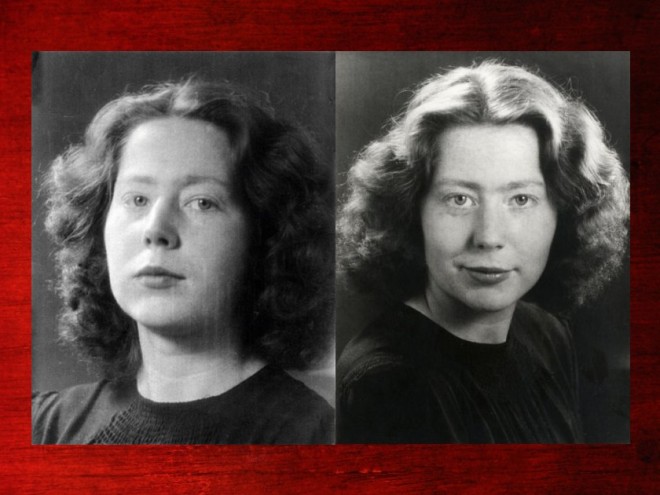There are few figures as infamous in the history of philosophy as Baruch Spinoza. As one of the first voices to deny the divinity of the Bible and one of the first thinkers to define God as synonymous with nature, Spinoza has been the subject of countless books and studies. Few, however, have taken as much time and care to look closely at the Jewish and secular influences on the thinker as Ian Buruma’s new book, Spinoza: Freedom’s Messiah.
Because Buruma’s study serves as a brief overview of Spinoza’s life, it avoids many well-trodden subjects that are found in previous works. It does not, for example, include a full examination of Spinoza’s thought; it even leaves out especially focused studies of his magnum opus, the Ethics. When Spinoza’s writing is discussed, it is often used as a way to illustrate Spinoza’s approach to some historical event or social phenomenon. Buruma cares less about what Spinoza wrote than about what those writings say about his engagement with the wider world.
The book also avoids easy answers to the mysteries of Spinoza’s life. In reference to the question about why Spinoza was excommunicated from the Jewish community, Buruma is more at home raising questions and representing different scholarly opinions than he is deciding which view is right. Thus, the book situates readers in the rich conversation about Spinoza and lets us make up our own minds once we have all the facts.
Although Spinoza is written for a popular audience, some knowledge of seventeenth-century Dutch history will benefit readers. Buruma does not shy away from introducing little-known names and events that put Spinoza’s thoughts into perspective. The brevity of the book means that some of the most important characters in Spinoza’s life are only briefly developed, and novice readers may have trouble keeping track of who is who. Yet by spending less time with Spinoza’s surrounding cast, Buruma is able to look at Spinoza’s life with a wider lens. He masterfully shows how politics inform thought and how thought in turn guides politics. Readers will walk away from the book with an appreciation for the complexity of life in the Netherlands at the time.
Something else that separates Buruma’s book from those that came before is his final chapter, which speaks about the way Spinoza’s thought has influenced later thinkers, from Karl Marx, to Nazis, to Albert Einstein. As Buruma quips, “There is a Spinoza for everyone.” On the one hand, this could be maddening, since clarity is the mark of a good thinker. But it also can be freeing. Buruma does a magnificent job of demonstrating the enigmatic nature of Spinoza’s thought and life. Given that mystery breeds possibility, one leaves the biography feeling like Spinoza can indeed speak in many registers to many different people.
Rabbi Marc Katz is the Rabbi at Temple Ner Tamid in Bloomfield, NJ. He is author of the books Yochanan’s Gamble: Judaism’s Pragmatic Approach to Life (JPS) chosen as a finalist for the PROSE award and The Heart of Loneliness: How Jewish Wisdom Can Help You Cope and Find Comfort (Turner Publishing) which was chosen as a finalist for the National Jewish Book Award.





